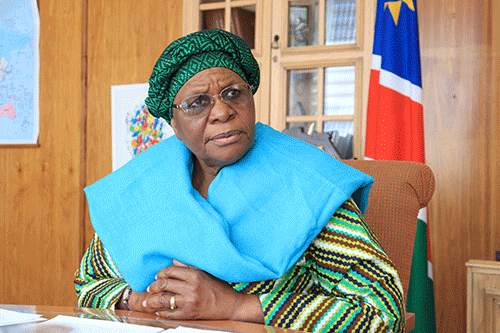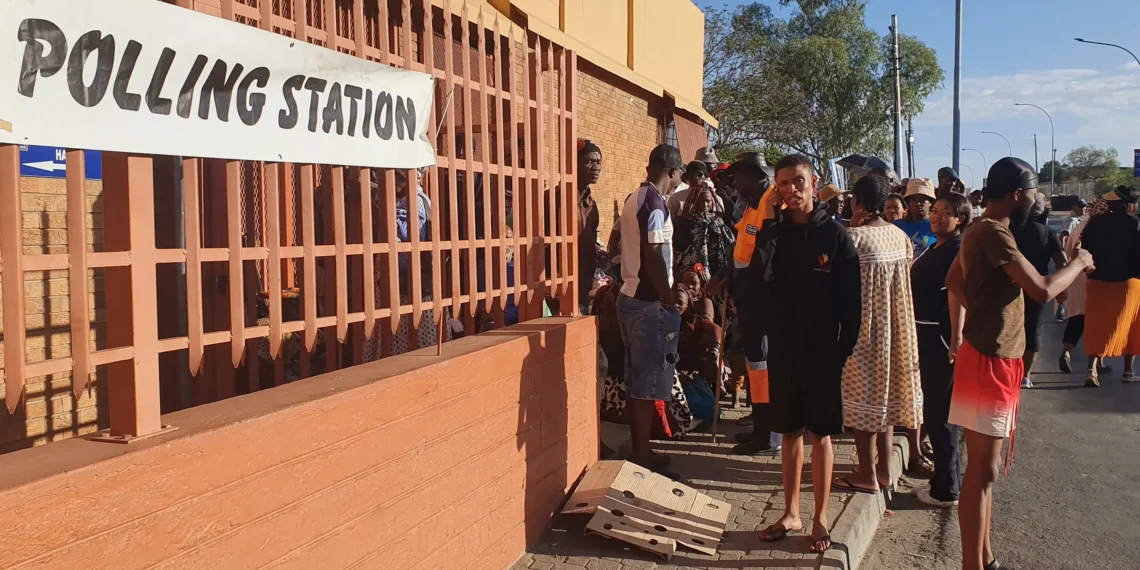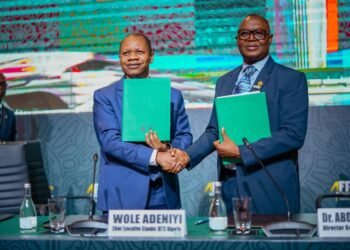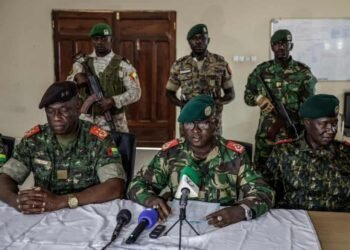Namibia heads to the polls today, November 27 in a closely watched presidential and parliamentary election that could redefine its political future.
For over three decades, the South West Africa People’s Organisation (SWAPO) has held a firm grip on power, but recent shifts in voter sentiment and the emergence of stronger opposition forces have introduced uncertainty into the outcome.
Polling stations across the country opened early this morning, and voters will determine whether SWAPO can maintain its dominance or if new players like the Independent Patriots for Change (IPC) and Affirmative Repositioning (AR) will disrupt the political landscape.
SWAPO, which has ruled Namibia since independence in 1990, is banking on Netumbo Nandi-Ndaitwah, the party’s candidate for president, to secure victory. If elected, she would become the country’s first female president.
Nandi-Ndaitwah, currently the vice president, has promised sweeping reforms to combat unemployment and create over 500,000 jobs within five years, pledging an investment of 85 billion Namibian dollars ($4.7 billion).
However, critics have questioned the feasibility of her ambitious plans. Youth unemployment remains a critical issue in Namibia, with nearly 20% of graduates struggling to find jobs.
Nandi-Ndaitwah’s campaign has also focused on women’s issues, including reproductive rights and gender equality, reflecting broader concerns within the electorate.

SWAPO’s dominance is being tested after years of steady decline. In the 2019 parliamentary elections, the party lost its two-thirds majority for the first time.
The late President Hage Geingob, who passed away earlier this year, secured just 56% of the vote in what was the party’s weakest performance since independence.
The 2020 local elections further demonstrated SWAPO’s vulnerability, as the party lost control of major urban centers, including Windhoek and Walvis Bay.
Opposition parties, though fragmented, made significant gains, raising questions about SWAPO’s ability to maintain its once-unassailable position.
Political analyst Rakkel Andreas noted that while liberation movements across southern Africa are losing influence, Namibia’s political dynamics remain unique. “The change taking place in southern Africa cannot be generalized as an anti-liberation movement,” Andreas said, emphasizing that Namibia’s challenges are specific to its socio-economic and historical context.
Opposition’s Opportunity Amid Division
The IPC, led by Panduleni Itula, is poised to make significant inroads. Itula, a former SWAPO member who ran as an independent candidate in 2019, garnered 30% of the vote in that election. Now at the helm of the IPC, he is widely seen as a formidable challenger.

However, the opposition landscape is fragmented, with 21 parties competing for parliamentary seats and 15 presidential candidates on the ballot. Political expert Rui Tyitende attributes this overcrowding to personality clashes rather than ideological differences. “The opposition’s fragmentation makes it easier for SWAPO to hold its ground,” Tyitende remarked.
The proportional electoral system further complicates matters, allowing smaller parties to secure parliamentary representation. This dynamic has drawn criticism from observers like Henning Melber, who argue that some candidates are motivated more by personal gain than by a genuine commitment to governance.
Itula’s candidacy, while strong, faces potential backlash tied to his personal life. His marriage to a British woman has sparked debate, with some Namibians questioning the symbolism of a foreign, white first lady in a country still healing from the wounds of colonialism. “The scars run deep,” Andreas noted, referring to Namibia’s history as a colony under Germany and South Africa.
Emerging Left-Wing Forces
Another key player in this election is Affirmative Repositioning (AR), a left-wing party led by former SWAPO member Job Amupanda. AR’s appeal lies in its focus on youth empowerment and economic justice, issues that resonate with Namibia’s younger voters.
Analysts believe AR could secure enough seats to force SWAPO into coalition politics, a scenario that would mark a dramatic shift in the country’s governance.
“Space will have to be created for the IPC and AR,” Andreas predicted, “and this will likely come at SWAPO’s expense.”
This election is seen as a critical test for Namibia’s democracy. Approximately 16,000 Namibians living abroad, uniformed civil servants, and seafarers have already cast their votes, providing a preliminary snapshot of voter sentiment.
Early indications suggest a likely SWAPO victory, with IPC and AR emerging as the main challengers.
As such, the election’s outcome will determine not only the future of SWAPO but also the trajectory of Namibia’s political and economic landscape. Whether SWAPO retains its hold, or the opposition reshapes the nation’s governance, the results are expected to provide a clear answer in the coming days.
READ ALSO: Insurance Penetration Rate in Ghana to Hover Around 1.0% in 2024 – Deloitte























